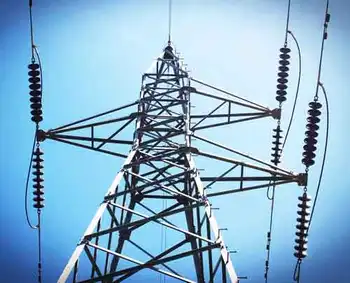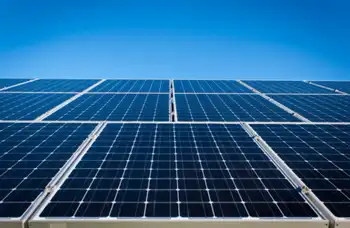Texas Energy says it won't push TXU debt on transmission side
Texas Energy Future Holdings Limited Partnership, a holding company formed by Kohlberg Kravis Roberts & Co., Texas Pacific Group and other investors to acquire TXU Corp., agreed last month to buy TXU for about $32 billion.
At the time, the partnership said it would assume more than $12 billion in debt. Then last week, TXU disclosed that its purchasers have lined up $24.6 billion in debt financing to complete the deal.
Texas Energy Future Holdings said once the TXU transaction is completed, it will create three separate businesses focusing on generation, transmission and distribution. Investors say the competitive generation and retail businesses will be able to support the debt related to the transaction.
"There will be no new debt at TXU Electric Delivery to fund this transaction. There is no basis for rates at TXU Electric Delivery to increase as a result of the transaction. In fact, the Texas Public Utility Commission will continue to have complete authority over TXU Electric Delivery rates," Michael MacDougall, a partner at Texas Pacific Group, said recently.
David Bonderman of Texas Pacific met with Dallas Mayor Laura Miller and others who opposed TXU's initial plans to build 11 coal-fired power plants.
"We decided that we would all work together and continue the dialogue," Miller said after the meeting.
Related News

Electrifying Manitoba: How hydro power 'absolutely revolutionized' the province
WINNIPEG - The first electric light in Manitoba was turned on in Winnipeg in 1873, but it was a century ago this year that the switch was flipped on a decision that would bring power to the fingertips of people across the province.
On March 12, 1873, Robert Davis — who owned the Davis House hotel on Main Street, about a block from Portage Avenue — used an electric arc light to illuminate the front of his building, according to A History of Electric Power in Manitoba, published by Manitoba Hydro.
That type of light used an an inert gas in a…





